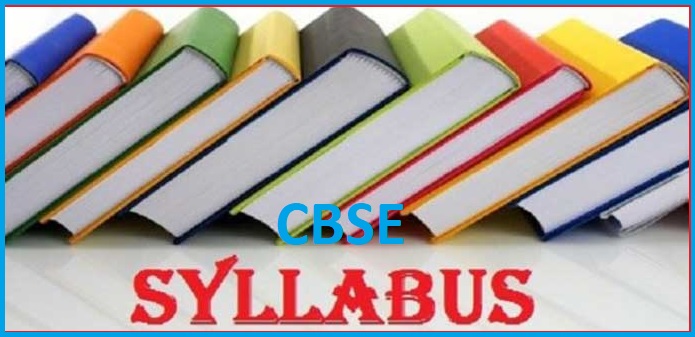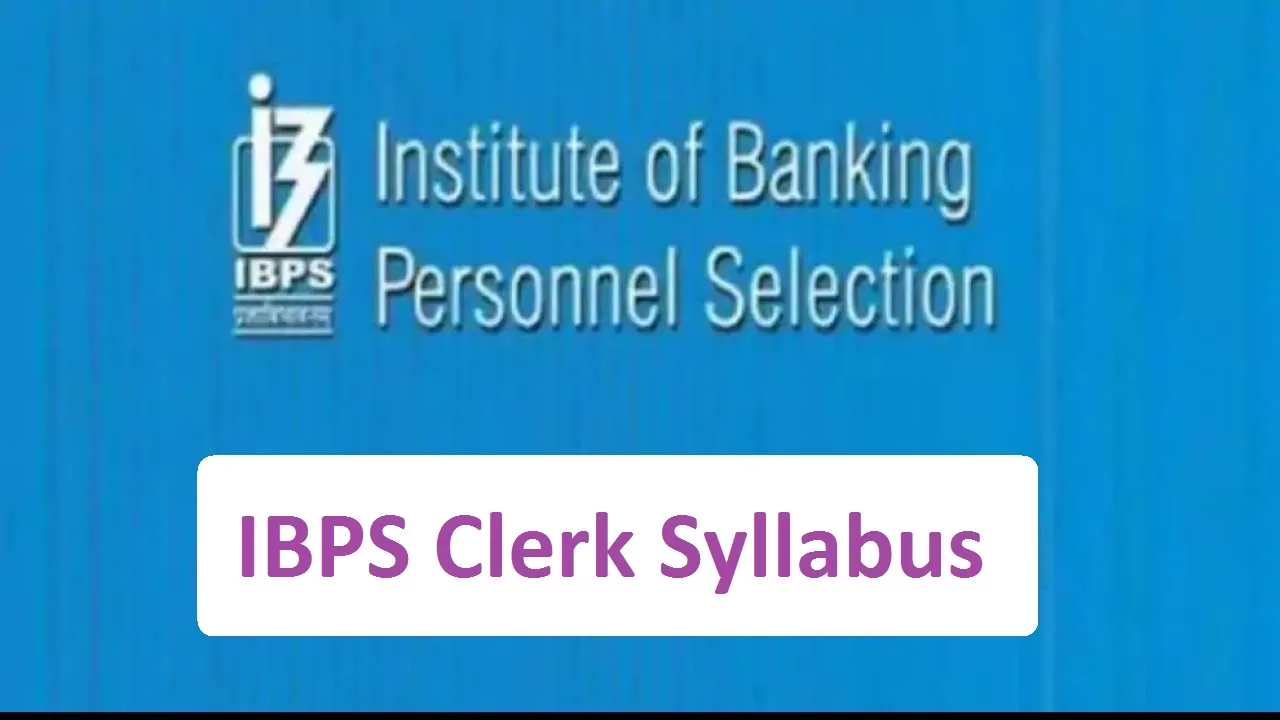CBSE Class 10 Science Syllabus 2024-25: Syllabus PDF Updated

Science is a very important subject as far as the CBSE class 10 curriculum is concerned. Students can score good marks in this subject if they prepare well and get their concepts clear. To initiate the preparation of science subject, the students should know and thoroughly understand the new CBSE 10 Class Science syllabus 2024-25.
In the syllabus, the students can find out the topics and sub-topics they need to study in an academic year. The complete science paper of CBSE class 10 will carry 100 marks out of which 20 marks (10 marks for each term) will be of internal assessment. Theory is of 80 marks divided into 40 marks each for Term I and Term II. Go through this post, to find complete details related to the CBSE Class 10 Science syllabus 2024-25.
CBSE Class 10 Science Syllabus 2024
Here is the prescribed syllabus of CBSE class 10 Science. The distribution of marks and units between the two terms is explained in the following table.
CBSE Class 10th Science Evaluation Scheme/ Exam Pattern 2024 | ||
Theory Papers | ||
| I | Chemical Substances–Nature and Behaviour | 25 |
| II | World of Living | 25 |
| III | Natural Phenomena | 12 |
| IV | Effects of Current | 13 |
| V | Natural Resources | 5 |
| Total Theory (Term I + II) | 80 marks | |
| Internal Assessment | 20 marks | |
| Grand Total | 100 marks | |
CBSE Science Syllabus for Class 10th 2024
Theme: Materials
Unit I: Chemical Substances – Nature and Behaviour
Chemical reactions: Chemical equation, Balanced chemical equation, implications of a balanced chemical equation, types of chemical reactions: combination, decomposition, displacement, double displacement, precipitation, endothermic exothermic reactions, oxidation and reduction.
Acids, bases and salts: Their definitions in terms of furnishing of H+ and OH– ions, General properties, examples and uses, neutralization, concept of pH scale (Definition relating to logarithm not required), importance of pH in everyday life; preparation and uses of Sodium Hydroxide, Bleaching powder, Baking soda, Washing soda and Plaster of Paris.
Metals and nonmetals: Properties of metals and non-metals; Reactivity series; Formation and properties of ionic compounds; Basic metallurgical processes; Corrosion and its prevention.
Carbon compounds: Covalent bonding in carbon compounds, Versatile nature of carbon, Homologous series. Nomenclature of carbon compounds containing functional groups (halogens, alcohol, ketones, aldehydes, alkanes and alkynes), difference between saturated hydro carbons and unsaturated hydrocarbons. Chemical properties of carbon compounds (combustion, oxidation, addition and substitution reaction). Ethanol and Ethanoic acid (only properties and uses), soaps and detergents.
Theme: The World of the Living
Unit II: World of Living
Life processes: ‘Living Being’. Basic concept of nutrition, respiration, transport and excretion in plants and animals.
Control and co-ordination in animals and plants: Tropic movements in plants; Introduction of plant hormones;
Control and co-ordination in animals: Nervous system; Voluntary, involuntary and reflex action; Chemical co-ordination: animal hormones.
Reproduction: Reproduction in animals and plants (asexual and sexual) reproductive health – need and methods of family planning. Safe sex vs HIV/AIDS. Child bearing and women’s health.
Heredity and Evolution: Heredity; Mendel’s contribution– Laws for inheritance of traits: Sex determination: brief introduction: (topics excluded – evolution; evolution and classification and evolution should not be equated with progress).
Theme: Natural Phenomena
Unit III: Natural Phenomena
Reflection of light by curved surfaces; Images formed by spherical mirrors, centre of curvature, principal axis, principal focus, focal length, mirror formula (Derivation not required),magnification.
Refraction; Laws of refraction, refractive index.
Refraction of light by spherical lens; Image formed by spherical lenses; Lens formula(Derivation not required); Magnification. Power of a lens. Functioning of a lens in human eye, defects of vision and their corrections, applications of
spherical mirrors and lenses. Refraction of light through a prism, dispersion of light, scattering of light, applications in dailylife (excluding colour of the sun at sunrise and sunset).
Theme: How Things Work
Unit IV: Effects of Current
Electric current, potential difference and electric current. Ohm’s law; Resistance, Resistivity, Factors on which the resistance of a conductor depends. Series combination of resistors, parallel combination of resistors and its applications in daily life. Heating effect of electric current and its applications in daily life. Electric power, Interrelation between P, V, I and R.
Magnetic effects of current : Magnetic field, field lines, field due to a current carryingconductor, field due to current carrying coil or solenoid; Force on current carrying conductor,Fleming’s Left Hand Rule, Direct current. Alternating current: frequency of AC. Advantage of AC over DC.
Domestic electric circuits.
Theme: Natural Resources
Unit V: Natural Resources
Our environment: Eco-system, Environmental problems, Ozone depletion, waste production and their solutions. Biodegradable and non-biodegradable substances.
List of Prescribed Books
- Science-Textbook for class IX-NCERT Publication
- Science-Text book for class X- NCERT Publication
- Assessment of Practical Skills in Science-Class IX – CBSE Publication
- Assessment of Practical Skills in Science- Class X- CBSE Publication
- Laboratory Manual-Science-Class IX, NCERT Publication
- Laboratory Manual-Science-Class X, NCERT Publication
- Exemplar Problems Class IX – NCERT Publication
- Exemplar Problems Class X – NCERT Publication



No It is not 2023-2024 syllabus
yes, should send the 2023-24 syllabus. hii hritesh
Reduced syllabus also send sir. Cbse board and must be noted syllabus of history is from new book of history don’t forget that. Plz send deduct syllabus
yes …
Send cut syllabus also.
Thanks.
Please send
❤️❤️❤️❤️❤️❤️❤️❤️❤️❤️❤️❤️❤️❤️❤️❤️❤️❤️🔥🔥🔥🔥🔥🔥🔥🔥🔥🔥🔥🔥🔥🔥🔥🔥🔥🔥🥀🥀🥀🥀🥀🥀🥀🥀🥀🥀🥀🥀🥀🥀🥀🥀🥀🥀👑👑👑👑👑👑👑👑👑👑👑👑👑👑👑👑👑👑
Yes 👍👍👍👍👍👍
Plz tell also deleted portions….
Plz send sayllabus class 10 pdf2023
Plz send
Ok
Post the syllabus of all subjects
This salabus is very important in other words we can se very most useful for guid to us
Please send 2023 syllabus and pdf class 10
this website is very help full for me i got all subject syllabus here
Thank you!
Thank you for post…..
syllabus it’s very important for class 10th
I will shere my friend to this syllabus